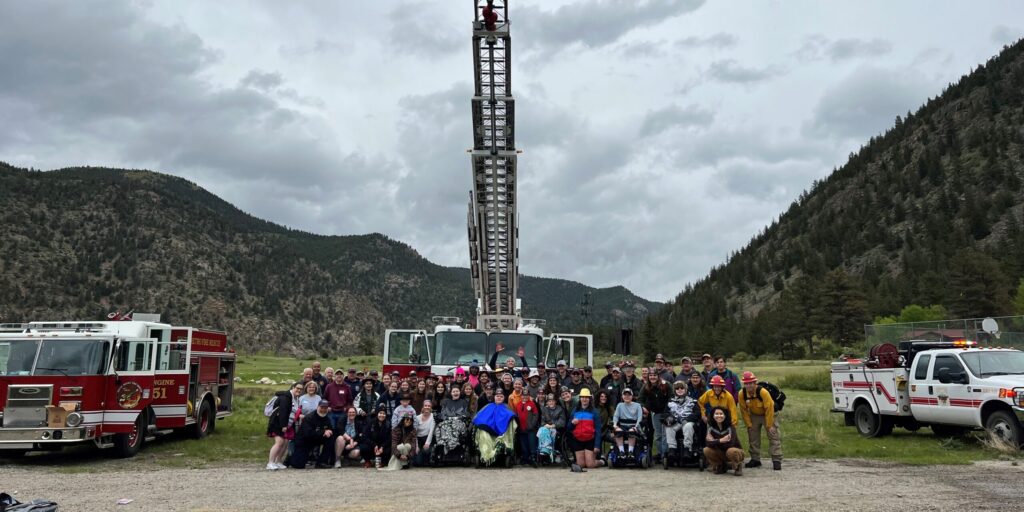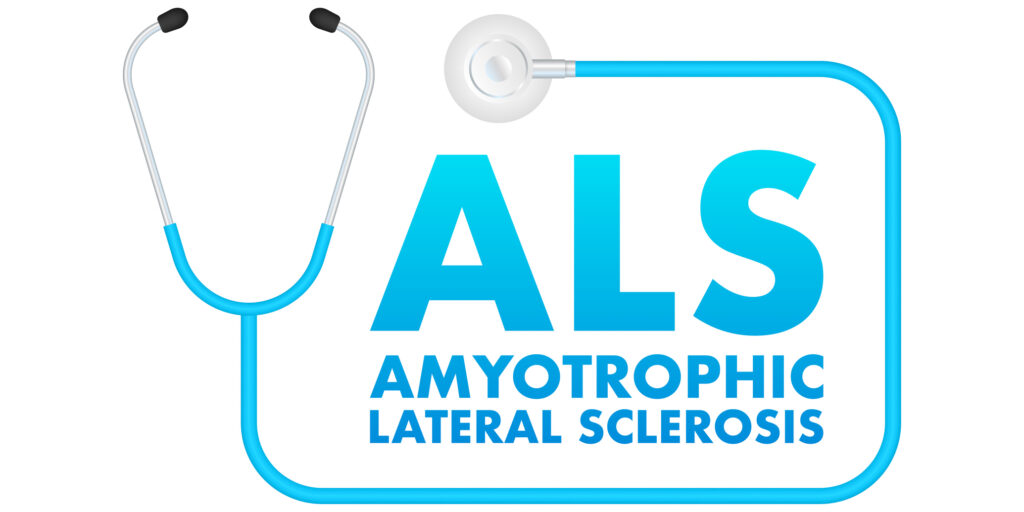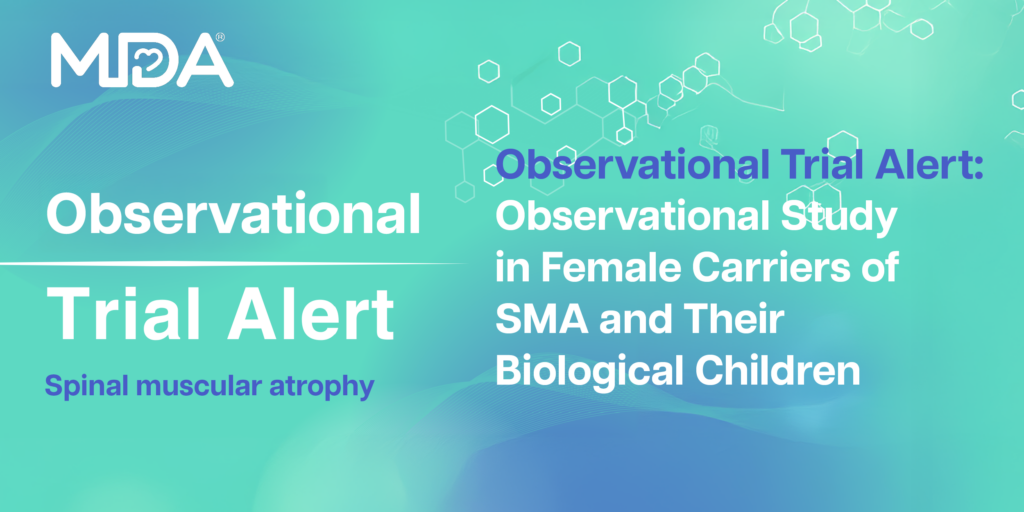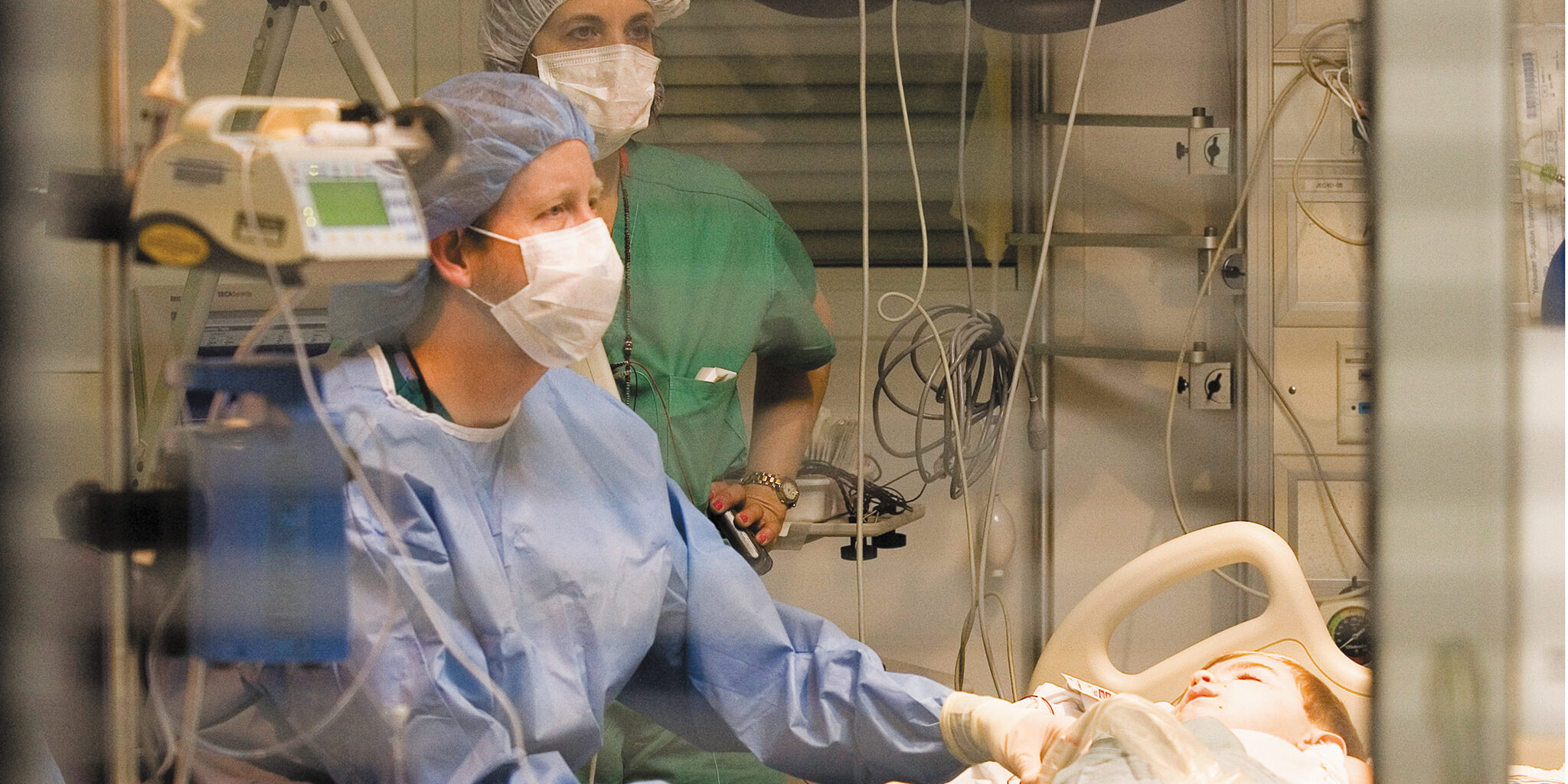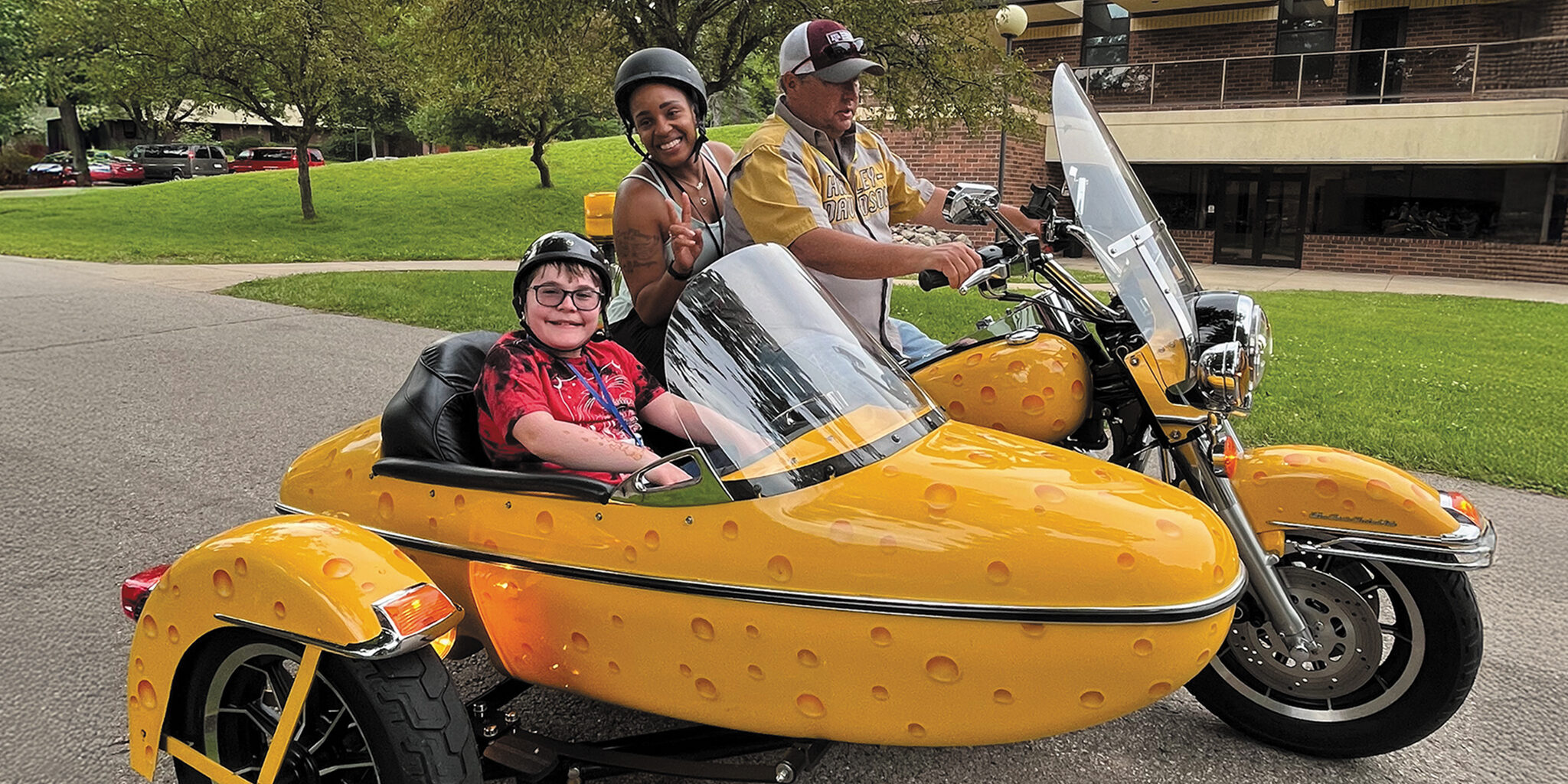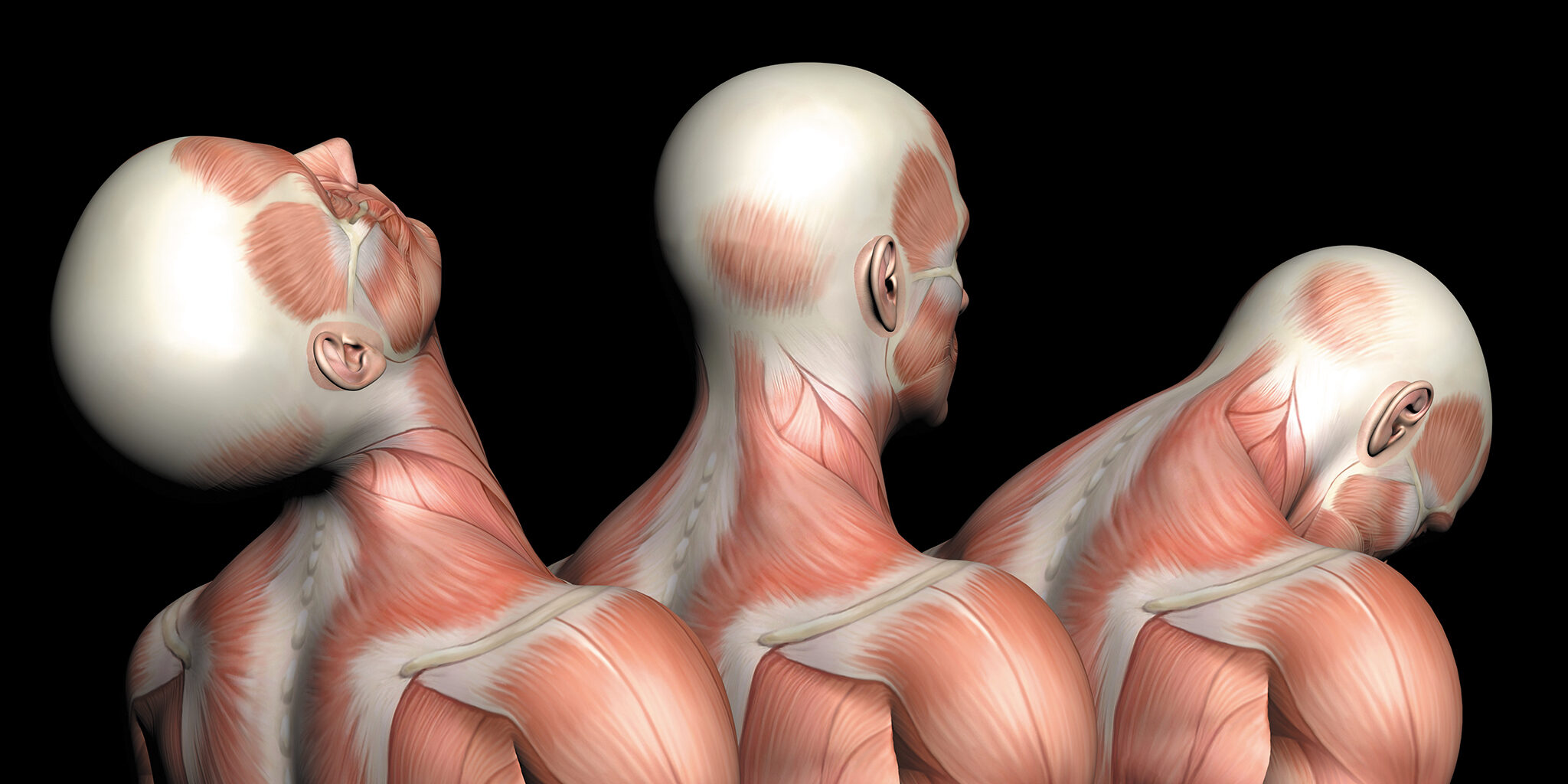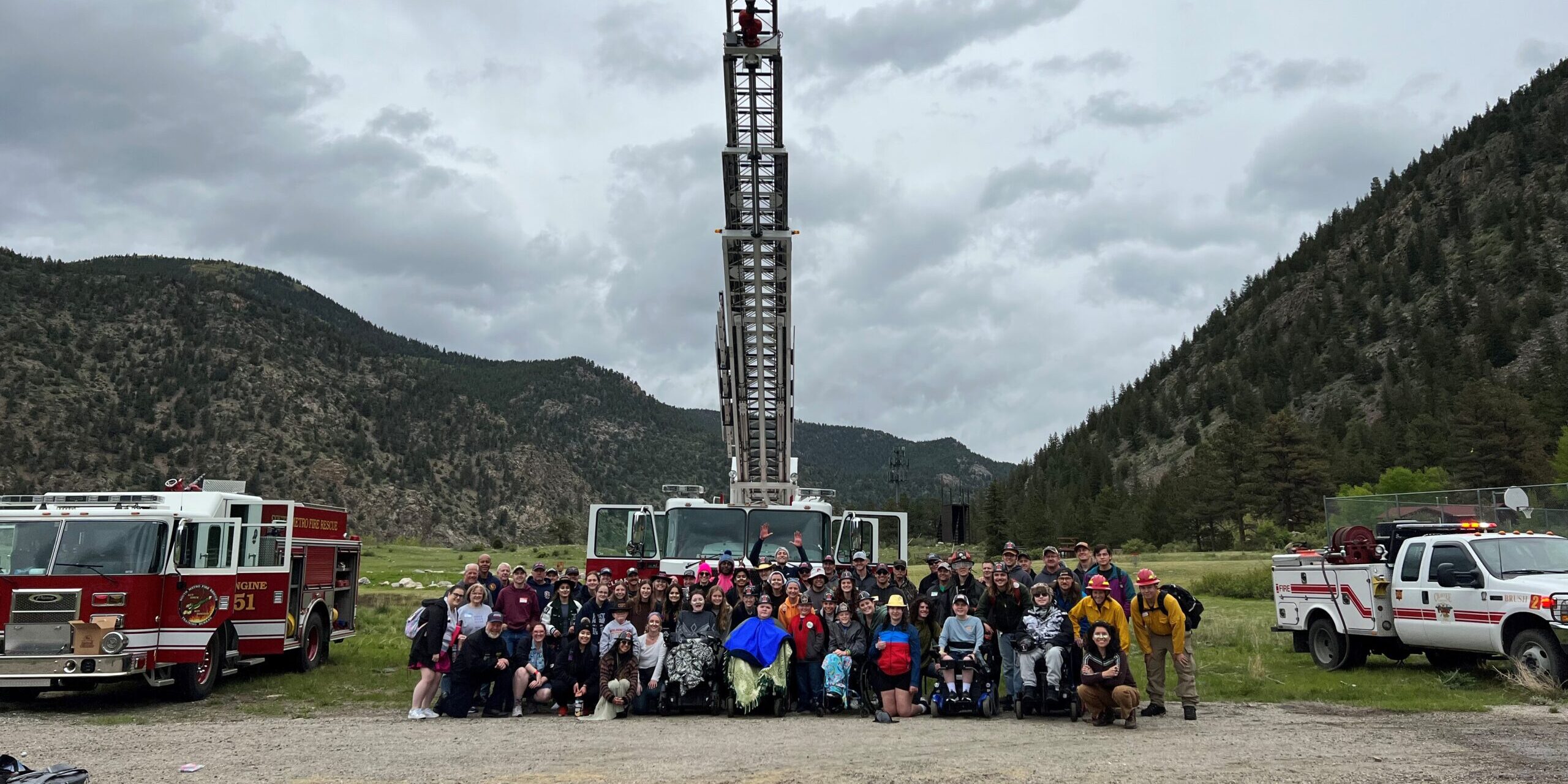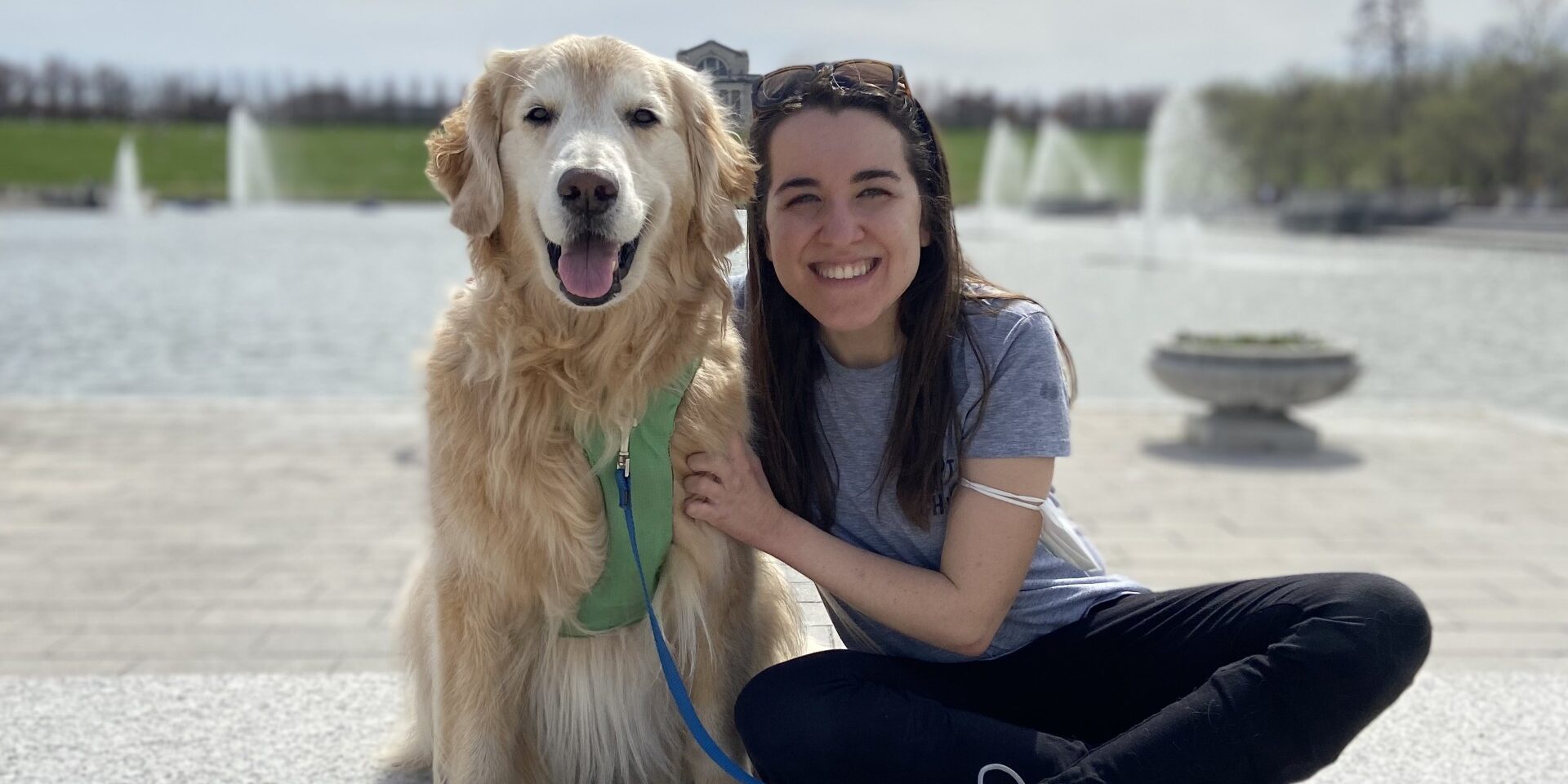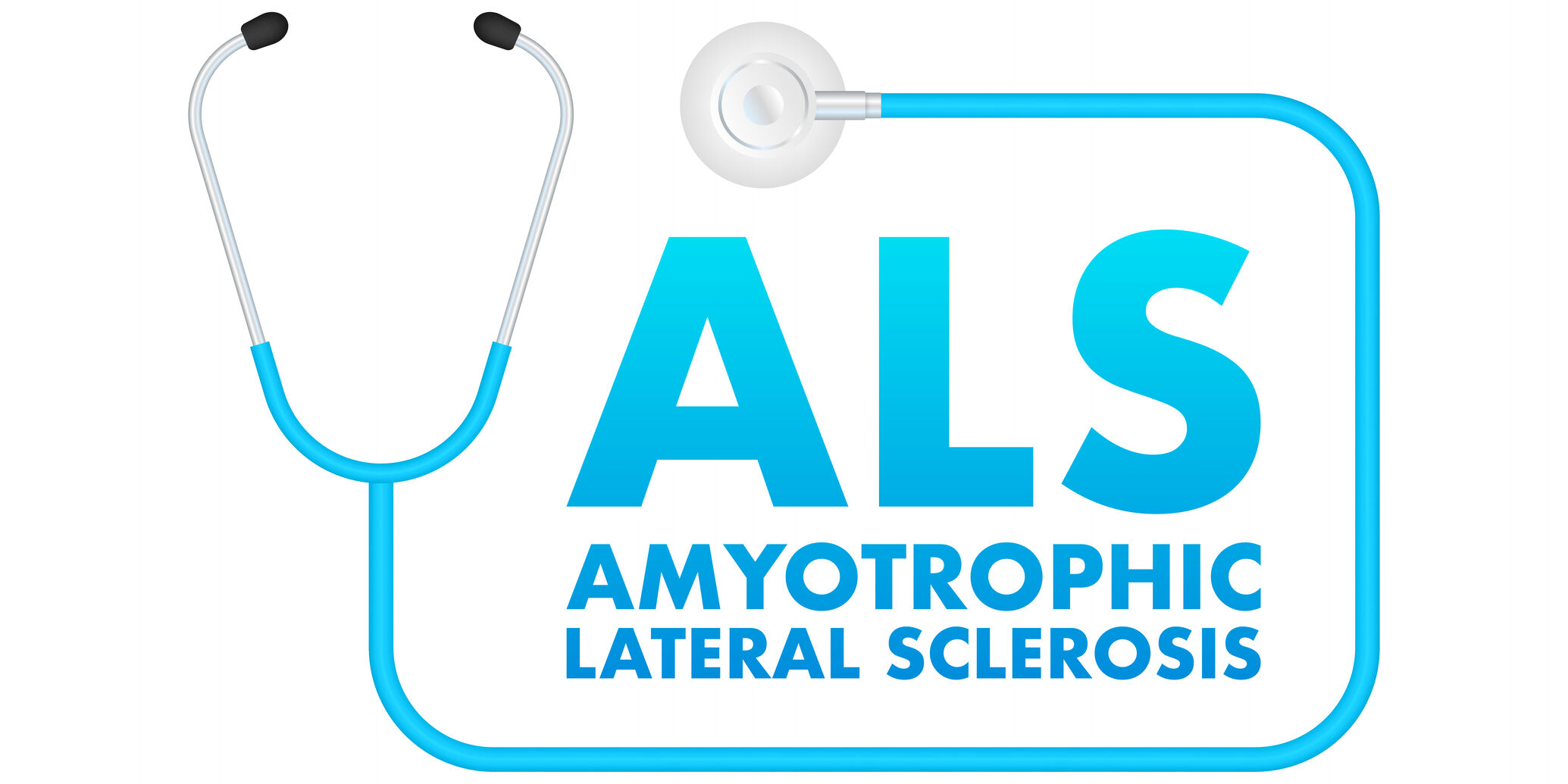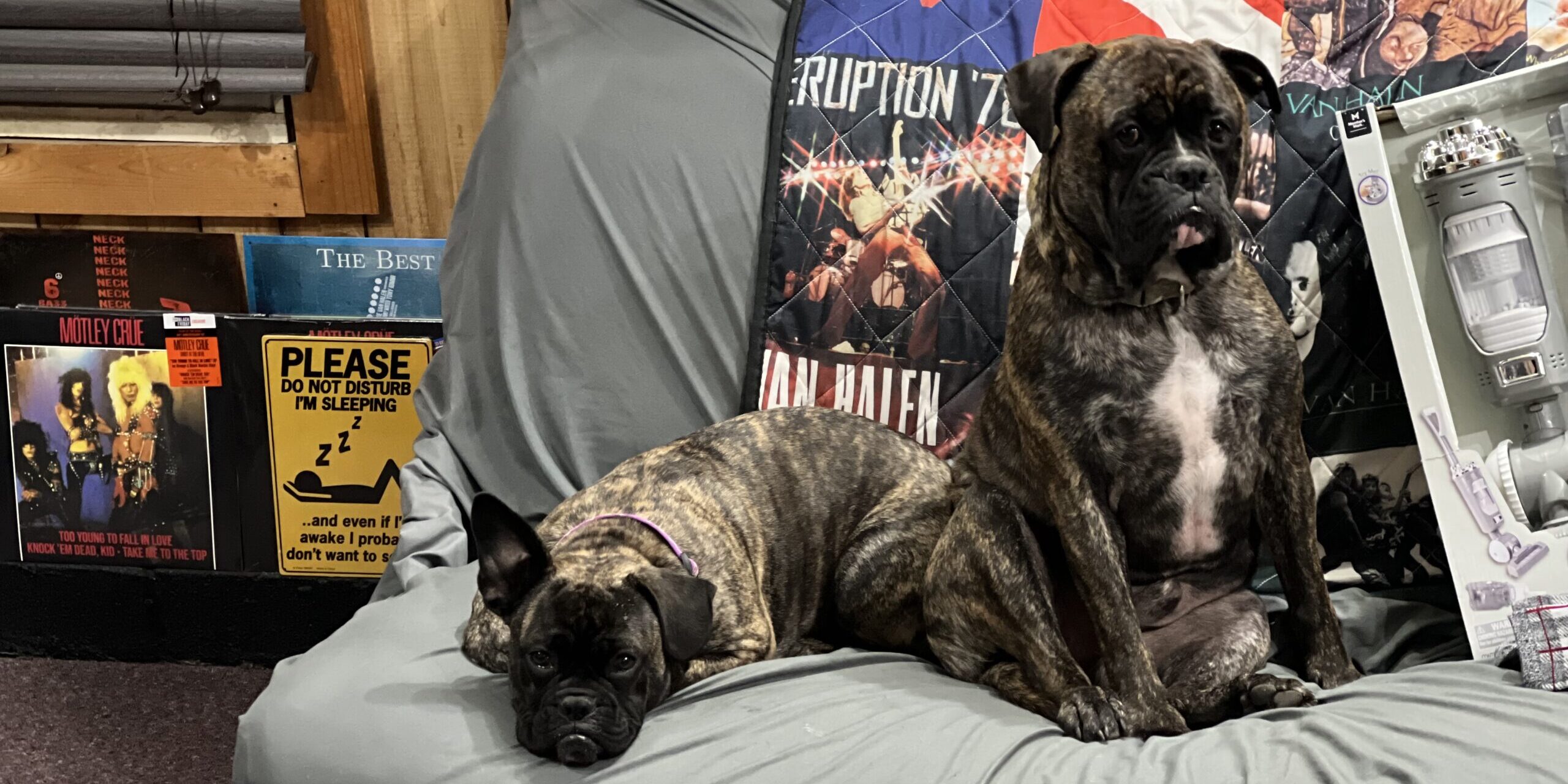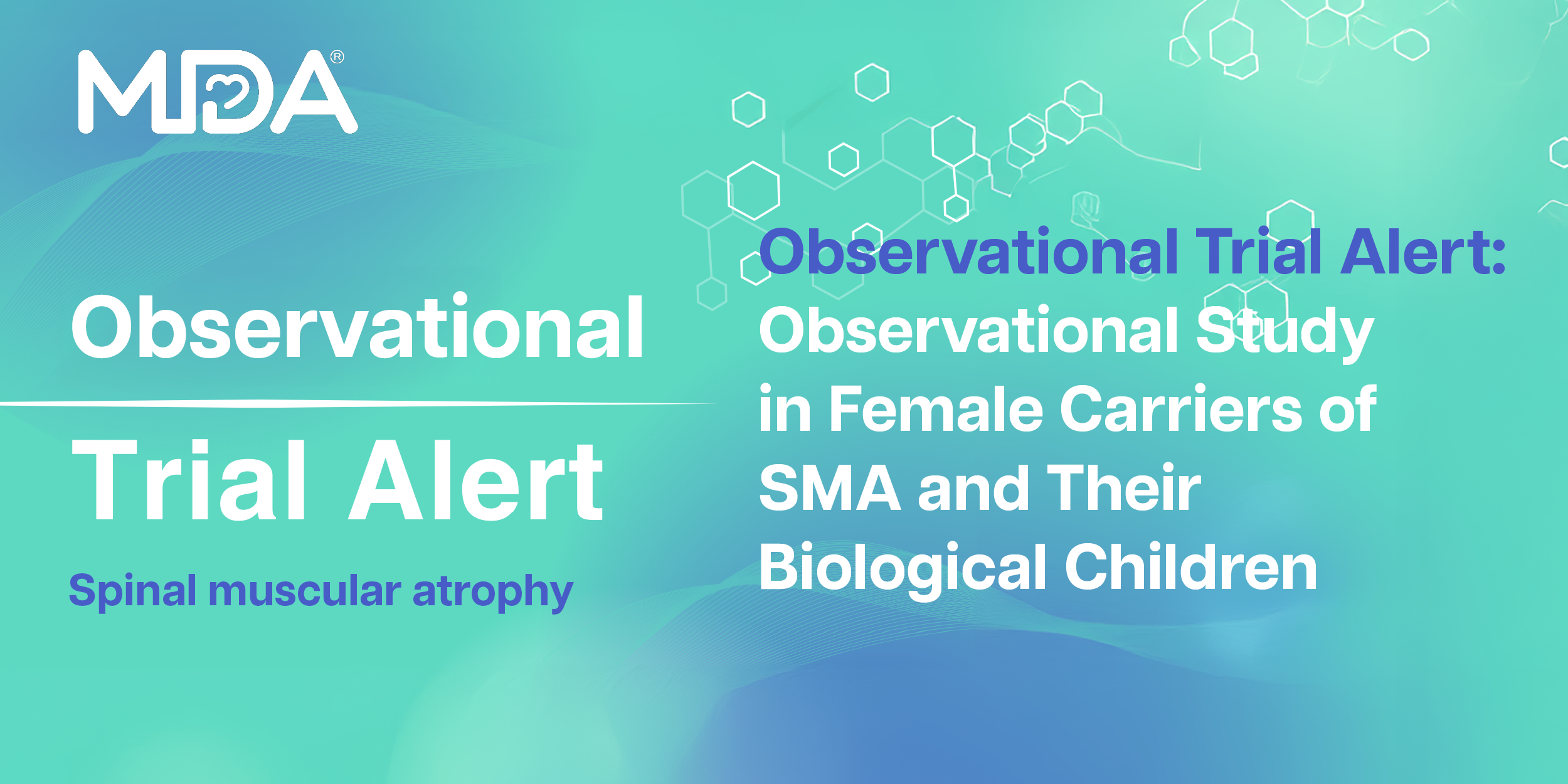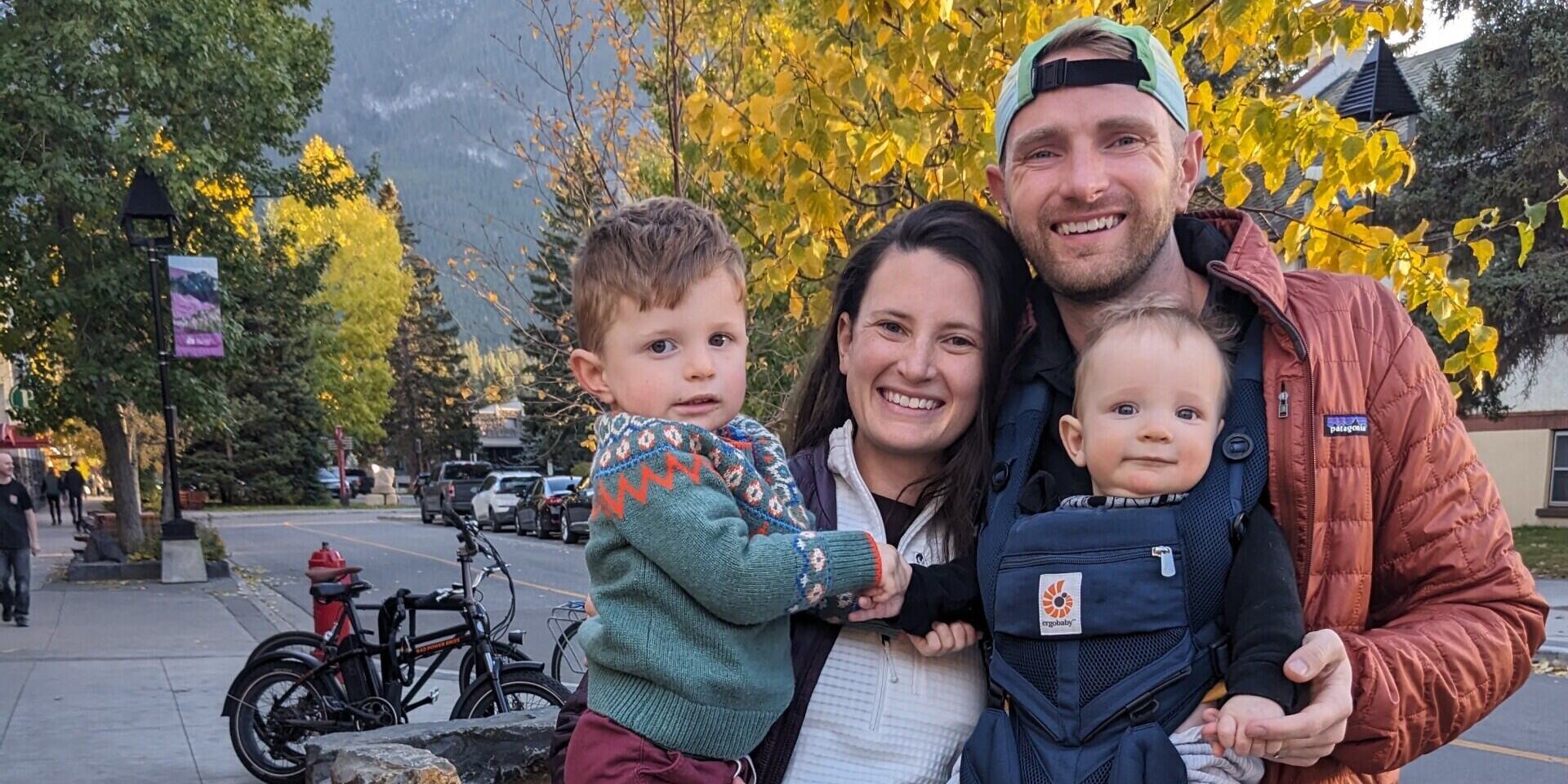Quest Media is an innovative adaptive lifestyle platform from MDA. With the power of this platform, we foster awareness and empowerment and have important conversations with experts, thought leaders, and members of the neuromuscular disease community about topics that matter to them and to the larger community of individuals with disabilities.
MUST-READ FEATURES
QUEST PODCAST
The Quest podcast, proudly presented by the Muscular Dystrophy Association, is part of the Quest family of content. Hosted by Quest Editor-in-Chief, motivational speaker and writer Mindy Henderson.
Episode 52- Defending Medicaid with the MDA Advocacy Team
In this Quest Podcast episode, we chat with Joel Cartner, MDA’s Director of Access Policy, and Jori Houck, MDA’s Manager of Advocacy Engagement. They join us to share the most recent updates and information about Medicaid benefits, current legislative efforts and what MDA’s Advocacy Team is doing to protect those efforts, and how you can…
Episode 51- Finding Joy in the Midst of Change
In this Quest Podcast episode, we chat with MDA Ambassador Jess Westman about embracing individuality and finding joy in our lives as paths and priorities change. The activist, actor, composer, author, and podcaster has devoted his career to providing joy and laughter to others and finds personal fulfillment through his faith and advocacy. Jess joins…
Episode 50- PJ’s Protocol: A Lifesaving Procedure Fueled by Love
In this episode of Quest Podcast, we chat with three pillars of the Duchenne muscular dystrophy community who are here with us on the 10th anniversary of PJ’s protocol. First, we have Brian Nicholoff whose son’s untimely passing was the catalyst for the creation of PJ’s protocol. Next is Amy Aikens whose son’s life was…


